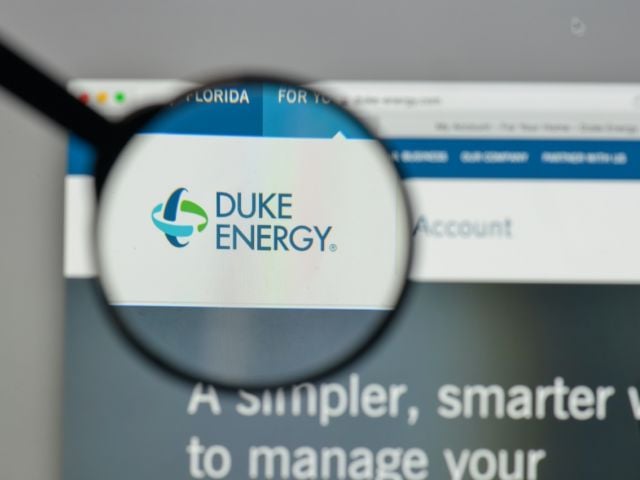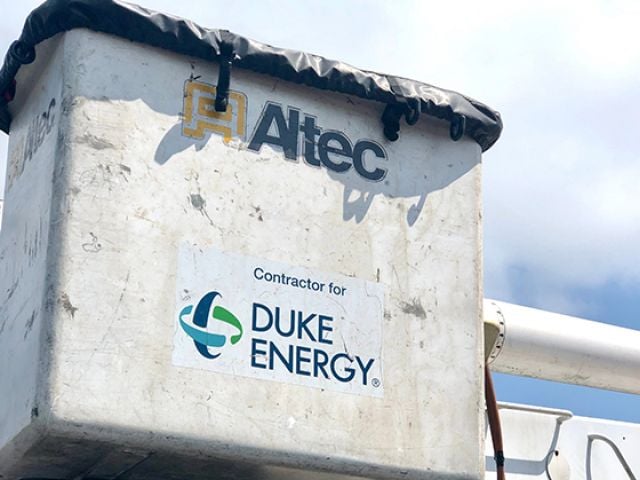WASHINGTON, March 26 – Oil and natural gas companies have drilled almost 120,000 wells in the West since 2000, mostly for natural gas, and nearly 270,000 since 1980, according to industry records analyzed by Environmental Working Group. Yet drilling companies enjoy exemptions under most major federal environmental laws.
Oil and natural gas companies have industrialized the Western landscape, punching thousands of wells on pristine lands, injecting toxic chemicals, consuming millions of gallons of water, clawing out pits for their hazardous waste and slashing the ground for sprawling road networks. Yet unlike most other industries, oil and gas drillers enjoy waivers under the Safe Drinking Water Act, Clean Water Act, Clean Air Act and other federal environmental laws.
Drilling companies regularly complain that environmental standards deny them access to sites where they’d like to drill. But the cratered landscape tells a different story.
EWG’s report, Free Pass for Oil and Gas: Evironmental Protections Rolled Back as Western Drilling Surges, released today, details how the boom in oil and natural gas drilling across the American West poses a dangerously unregulated threat to public health and the environment. Exclusive EWG maps pinpoint drilling county by county.
“Energy is important to our economy, but so are other resources, especially water,” said EWG public lands analyst and report author Dusty Horwitt. “Instead of giving oil and gas companies a free pass, we need a balanced approach that holds oil and gas companies accountable to the same standards that apply to other industries.”
In 2008, a nurse in LaPlata County, Colorado, an area of intensive oil and gas exploitation, almost died from contact with the clothing of a worker she had treated. As it turned out, his clothes were permeated with a chemical fluid used in natural gas drilling. The company that made the fluid refused to identify it, citing trade secrets to the nurse’s physician even as he was laboring frantically to save her life. Disclosure is generally required under the federal Emergency Planning and Community Right to Know Act, but Congress has exempted the oil and gas industries.
Natural gas drilling, as well as oil drilling, has scaled back significantly in recent months. For one thing, demand has slacked off because of the economic downturn. For another, natural gas drilling is less rewarding economically because the industry’s overproduction last year pushed prices down.
Bloomberg, the financial newswire, reported March 16 that “the decisions to reduce gas production are similar to steps by the Organization of Petroleum Exporting Countries to end a flood of crude" to prop up sagging petroleum prices. By that logic, when prices climb, drilling will almost certainly intensify.
Recently, Western state legislators have attempted to close at least some of the industry’s legal loopholes.
Colorado and New Mexico have passed tough new standards designed to minimize pollution from oil and gas drilling. The drilling industry is attempting to roll back these protections.
Last year, Reps. Diana DeGette (D-CO), Maurice Hinchey (D-NY) and John Salazar (D-CO) introduced federal legislation to repeal the Safe Drinking Water Act’s exemption for hydraulic fracturing, a process pioneered by Halliburton in which oil and gas companies inject underground water laced with toxic chemicals -- as many as six million gallons per well -- to enhance production.
The federal Bureau of Land Management recently documented toxic benzene contamination in groundwater in Sublette County, Wyoming, where 3,258 oil and gas wells have been drilled since 2000. Benzene is injected underground in hydraulic fracturing, and the extraction process also causes naturally occurring deposits of benzene to surface. Yet the EPA and Congress have generally exempted hydraulic fracturing from the Safe Drinking Water Act that sets standards for underground injection of toxic chemicals.
In San Juan County, New Mexico, site of 4,968 new wells since 2000, the New Mexico Oil Conservation Division (NMOCD) has identified more than 400 cases of groundwater contamination from oil and gas waste pits including many cases in San Juan County. Yet oil and gas industry wastes are exempted from the Resource Conservation and Recovery Act, which sets standards for handling of hazardous wastes.
For the full report and methodology go to: https://www.ewg.org/reports/Free-Pass-for-Oil-and-Gas
# # #
EWG is a nonprofit research organization based in Washington, DC that uses the power of information to protect human health and the environment. The group’s public lands analysis can be found at www.ewg.org.


